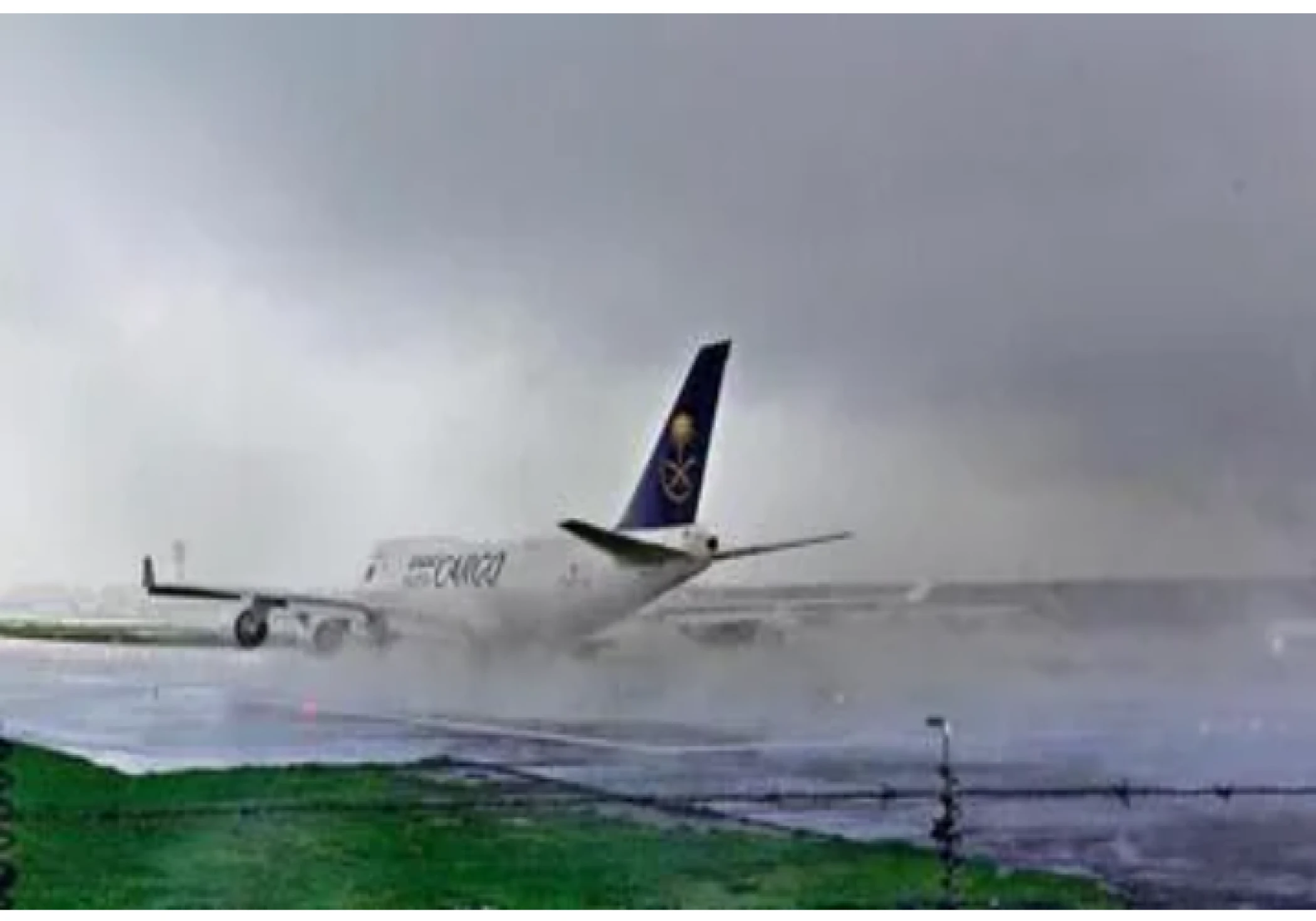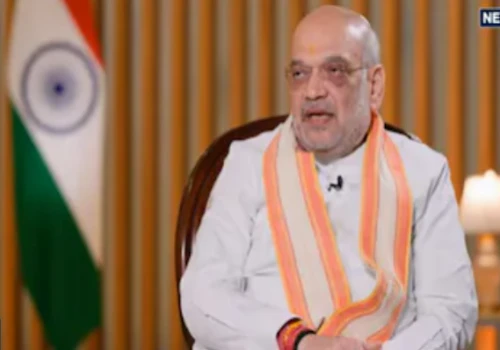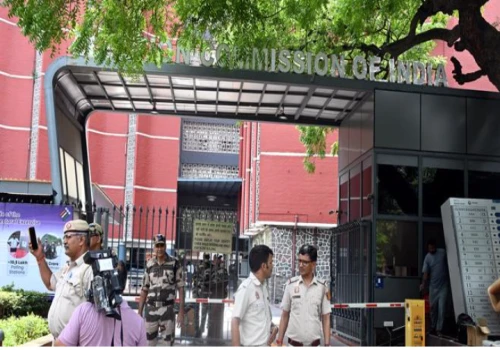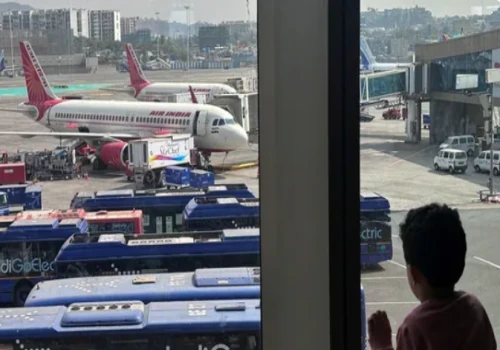
DGCA introduces new safety measures by limiting cabin crew duty hours and implementing a fatigue reporting system to ensure better rest, health, and flight safety.
The Directorate General of Civil Aviation (DGCA) has released revised guidelines that significantly reduce the maximum duty hours for cabin crew members while mandating a structured fatigue reporting system. This initiative aims to address growing concerns about crew exhaustion, flight safety, and mental well-being in India’s aviation sector.
Under the new norms, cabin crew members will have stricter limits on the number of hours they can work in a single day and over a specific period. The DGCA has also required airlines to adopt a scientifically backed fatigue risk management system (FRMS), ensuring that both flight safety and crew welfare remain top priorities.
These changes follow several reports of overworked crew members facing fatigue-related issues, which can directly affect passenger safety and service quality. The fatigue reporting mechanism will allow crew members to confidentially report exhaustion and rest-related problems, helping airlines plan rosters more responsibly.
Industry experts believe this move aligns India’s aviation regulations with international standards, as fatigue management has long been a global safety concern. Airlines are now required to comply with the new norms within a set timeline, ensuring better scheduling practices, improved crew morale, and enhanced in-flight safety.












